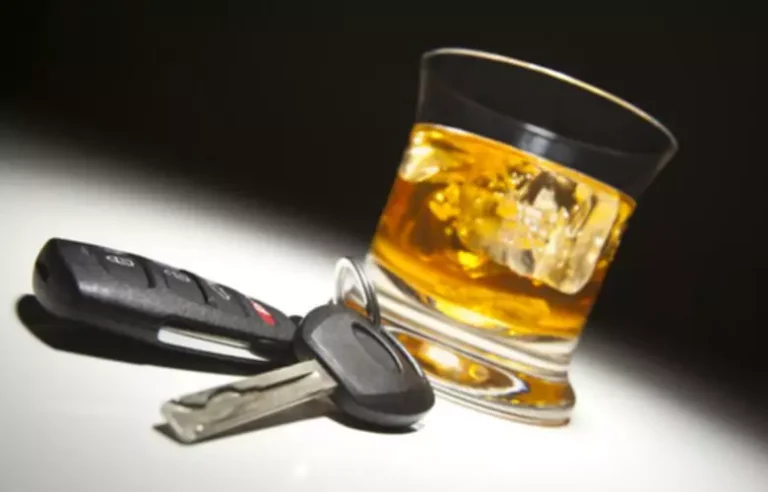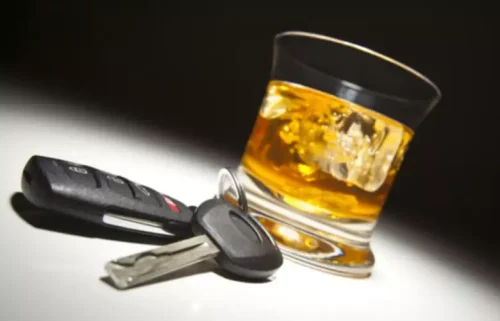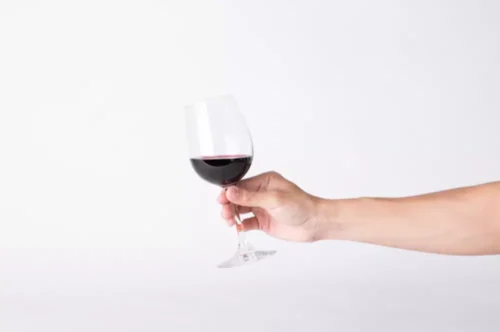
Biological children of alcoholics are significantly more likely to become alcoholics, even if they are raised by non-alcoholics. In theory, these stages of addiction can happen so gradually why is alcohol so addictive that people don’t realize how out of control their drinking has become until they’ve reached the middle or late stage. In practice, this process varies a lot from individual to individual, and the point at which you consider your drinking to be a problem may occur a lot sooner. Alcohol intensifies GABA’s effects and inhibits glutamate, resulting in sedation and relaxation.

Early Stage: Drinking Problem
Support groups, such as what is alcoholism Alcoholics Anonymous (AA), provide a community-based approach to recovery. These groups offer peer support, shared experiences, and a structured program to help individuals maintain sobriety. The availability and accessibility of alcohol are major factors in its addictive potential. In regions where alcohol is readily available and inexpensive, consumption rates are typically higher. When you consume alcohol, it quickly crosses the blood-brain barrier, affecting neurotransmitters and disrupting the normal balance of chemicals.
- This emotional dependence can make it challenging to imagine life without alcohol and can intensify the addictive nature of the substance.
- An external trigger is a person, place, thing that could remind a person of drinking.
- As alcohol increases the feelings of pleasure, at the same time, it is turning off areas of the brain that handle decision making and impulse control.
- The science that explains why alcohol is addictive is complex, and will be discussed at length.
- Could I consume large quantities of other drugs, and expect to feel the same way – given that they are less prone to cause addiction?
- Dopamine then interacts with specific receptors on the surface of target cells, affecting neuronal function.
How Does Your Body Get Addicted to Alcohol?
12 These symptoms can be part of a potentially life-threatening condition called delirium tremens (DTs). As these changes occur, people tend to require increasingly more significant amounts of alcohol to become intoxicated. Alcoholism also affects the brain’s “reward center” and produces pleasurable sensations (such as anxiety reduction) when consumed. Addiction is a disease characterized by compulsive substance use despite harmful consequences. A person with an addiction has a compulsion to perform a behavior that they know is harmful. Psychological dependence is when a person starts to believe they need alcohol to function normally or feel okay.
- It’s crucial to recognize the signs of tolerance and address them to prevent the escalation of alcohol addiction.
- Over time, the brain becomes increasingly wired to prioritize alcohol consumption and seek out its pleasurable effects.
- This combination of effects produces feelings of relaxation and euphoria.
- These physical and psychological effects can vary in severity depending on the individual and the extent of their alcohol dependence.
How Much Time Does It Take to Overcome Alcohol Addiction?
There’s a chance your doctor may order blood work to check your liver function if you show signs or symptoms of liver disease. Crest View Recovery Center is here to help you start your journey toward a healthier, sober life. With a dedicated team of professionals and a comprehensive approach to recovery, we provide the tools and support needed for successful long-term sobriety.
- The allure and addictive nature of alcohol have puzzled researchers and individuals struggling with addiction alike.
- While I am consuming it, it is consuming me.” These are words that sadly come out of the mouths of too many people.

Boca Recovery Center is here to provide the best quality care in the treatment of drug and alcohol addiction. To understand why alcohol is addictive, it’s important to explore how alcohol interacts with the brain. When consumed, alcohol quickly enters the bloodstream and reaches the brain, where it affects various neurotransmitter systems. The interaction between alcohol and dopamine, serotonin, and other neurochemicals produces feelings of euphoria and sedation. Alcohol is an accepted part https://ecosoberhouse.com/ of many types of celebrations, events, and rituals, including personal rituals like enjoying a relaxing evening at home. Alcohol addiction isn’t caused by one single factor, rather, it’s a blend of biology, environment, and personal circumstances.

Even the recent spike in opioid overdose deaths doesn’t come near the number of people killed by alcohol annually. Alcohol use lowers inhibitions, impairs judgement and causes the individual to make poor decisions. They may drive while drunk, get into fights, or engage in activities that put them and others at risk. Prolonged alcohol use affects the brain and can lead to unpredictable mood changes. You may notice them suddenly switch from happiness to sadness and vice-versa within short periods. With our team and your desire to heal, we can improve your quality of life and functional abilities, so you can get back to living your best life.



